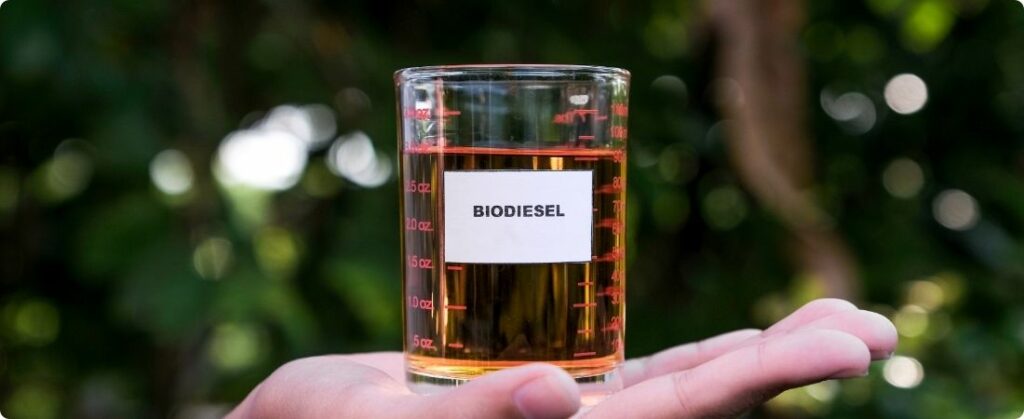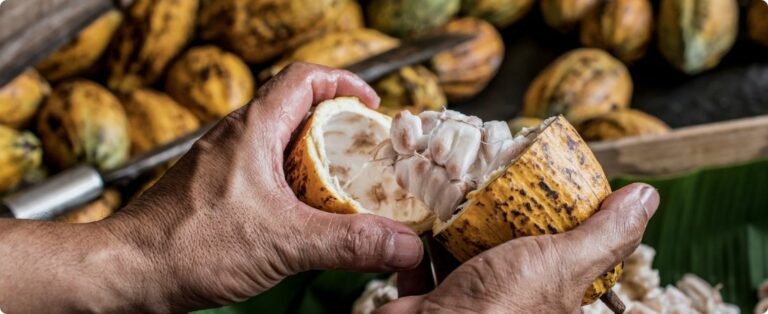
A Future Fuel Law, sanctioned by the Presidency of the Republic on October 8, is considered by experts to be one of the most advanced State policies in the world, inserted in the context of the energy transition. The new legislation strengthens Brazil's prominent position in the bioeconomy and in the decarbonization of the transport and urban mobility sector, with the potential to attract investments of R$260 billion and avoid the emission of 705 million tons of CO2 by 2037, according to data from the Ministry of Mines and Energy (MME).
Sanctioning ceremony and NovaBio's role in the renewable energy sector
During the ceremony held in Brasília, executives from the Association of Sugar, Ethanol and Bioenergy Producers (NovaBio), which represents 35 sugarcane mills in 11 states in the North and Northeast, reinforced Brazil's leadership role in the production and use of renewable energy. NovaBio CEO Renato Cunha highlighted that, with the new law, the Fuel of the Future aligns the interests of the public and private sectors with the demands of sustainable development in the country.
Furthermore, Cunha highlighted that “there is a range of technological innovations that will now have a structured regulatory framework for the medium and long term, leveraging investments with greater legal certainty and low or zero carbon emission solutions. “Ethanol, biogas, biomethane, biodiesel and sustainable aviation fuels (SAF) are at the heart of these innovations. In addition, e-methanol and green hydrogen (H2V) also play a crucial role in this process”, explained Cunha. He also chairs Sindaçúcar-PE.
On the other hand, the president of the NovaBio Deliberative Council, Pedro Robério de Melo Nogueira, praised the agile process of processing the law in the National Congress:
“The significant votes in the Chamber of Deputies and the Senate reflect the great interest of parliament and society in the topic. Therefore, it was a victory for the future of a sustainable Brazilian industry,” said Nogueira, who also chairs Sindaçúcar-AL.
Furthermore, NovaBio executives praised the dialogue between the Federal Government and the Legislative Branch. The Legislative Branch was represented by Congressman Arnaldo Jardim (CIDADANIA-SP) and Senator Vespasiano Rego (MDB-PB). Likewise, they also highlighted the role of leaders in the sugarcane sector, such as Bioenergia Brasil, UNICA, and Feplana.
Finally, companies in the sugar-energy sector, committed to the new legislation, signed letters of commitment to invest R$20.2 billion in new businesses.
Main features of the Future Fuel Law:
- Anhydrous ethanol: The percentage of ethanol added to gasoline will be 22% to 27%, and may reach 35%. Currently, the maximum is 27.5%, with a minimum of 18%.
- Biodiesel: The fossil diesel blend will be increased by 1 percentage point per year. From 15% in March 2025 to 20% in 2030, and reaching 25% from 2031 onwards.
- Biogas and biomethane: From 2026, there will be a mandatory blending of 1% with natural gas, with a maximum limit of 10%.
- Sustainable Aviation Fuels (SAF): Mixing will start at 1% in 2027, reaching 10% by 2037.
- Green diesel: Incentive for the production of green diesel from biomass. The minimum blend in relation to fossil diesel may not exceed 3%.
The new legislation also establishes guidelines for CO2 capture and storage, with authorization for companies to develop carbon storage projects for 30 years. Brazil has the potential to capture 200 million tons of CO2 per year, considering the current level of economic activity.
Source: Notícias Agrícolas















